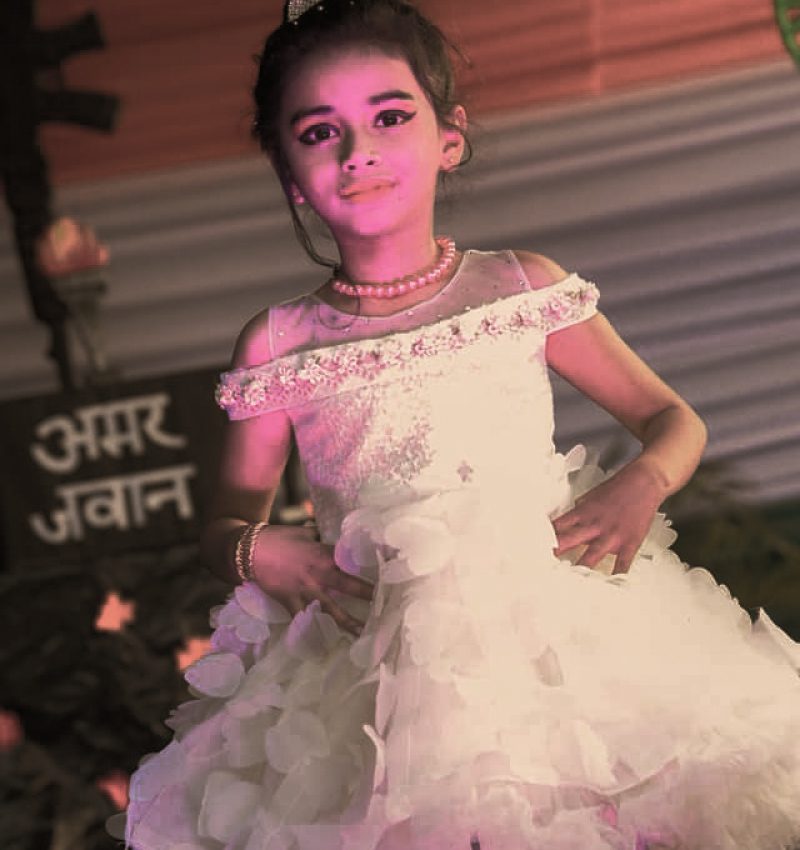Playschool
Ideally, playschool will be a smooth, sunny introduction to real school for your child, since it sets the stage for the rest of his education.
the playschool care program at St. Michael's Play School
Early childhood development is critically important. At St. Michael’s Play School, our experienced teachers and staff help facilitate this period of learning, and that’s what separates us from the others.
With our New Beginnings program, your baby will be paired with a well-experienced and trained teacher who will provide personalized attention and nurture them through every milestone—within a caring and cohesive community.
we meet kids where they are.
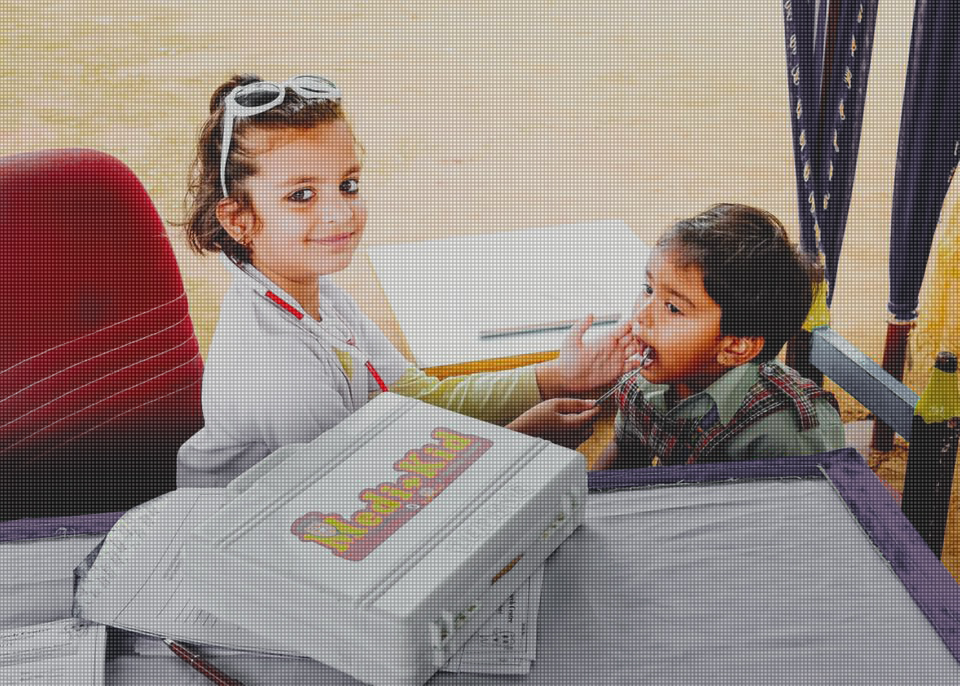
Year 1 (Pre K.G.)
Your baby will give you the most important information for the experience.
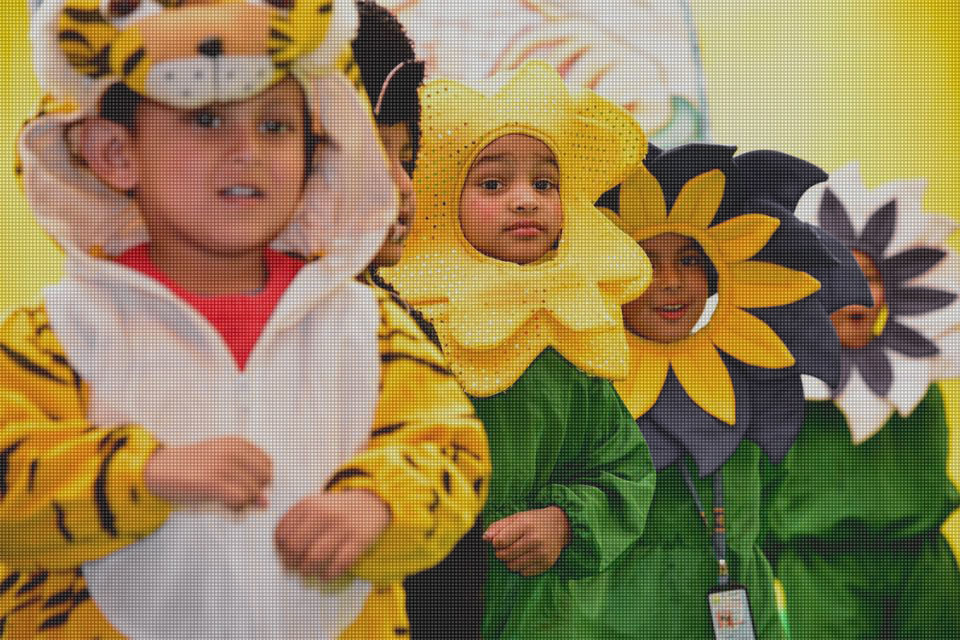
Year 2 (K.G.)
During this time, his physical growth and motor development will slow.
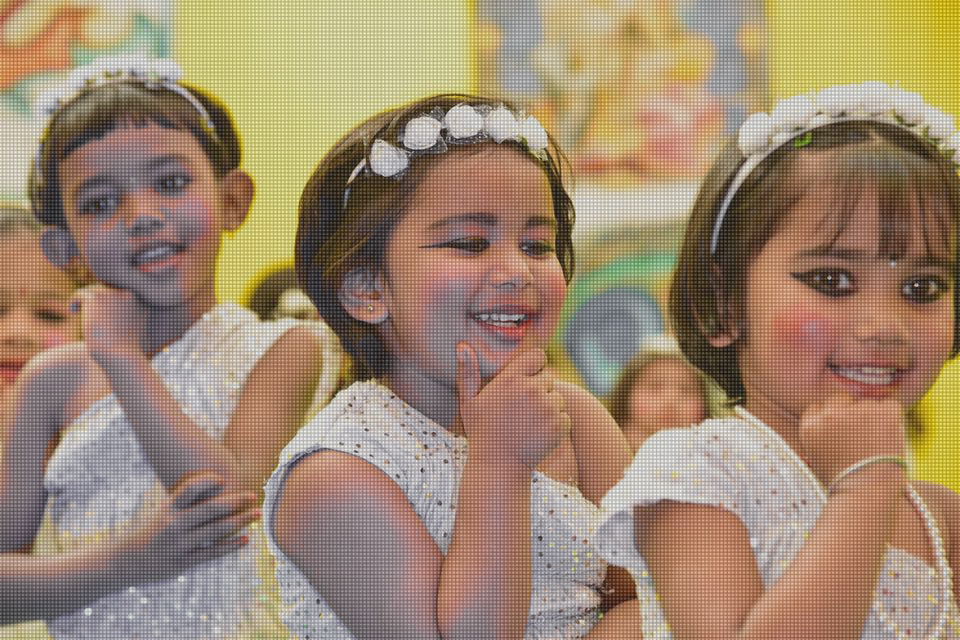
Year 3 (Prep)
Your child is advancing from infancy toward and into the preschool years.
At St. Michael’s Play School, the option of full day programme is designed for Pre-KG from 9:00 a.m – 12:00 noon. We have seen in the past that the interaction with peers and teachers in a planned and structured manner goes a long way in stimulating the child and in extending his / her learning, in a safe and happy environment with adults who are trained to be early childhood specialists.
The Full Day Programme includes discovery time which further enhances their social, creative and cognitive skills by exposing them to various age appropriate resources to extend their learning through structured as well as free, flowing experiences. Children also benefit with the extended specialists time (Fine Arts and Performing Arts); outdoors play, stories, music and circle time. The Programme further addresses the skills and the concepts that are vital to the ‘Image of the Child: Capable, Competent and Confident’. They will be exposed through learning experiences related to Fine Arts and Performing Arts, which will enhance their learning and understanding of concepts incorporating responsibility, respect and fairness.
Year 2: Inquirers
When it comes to learning, four-year-olds are developing greater self-control and ingenuity. Their pretend play is more complex and imaginative and can be sustained for longer periods.
They begin communicating in complex and compound sentences, have very few pronunciation errors and expand their vocabularies daily. They use logical reasoning to solve everyday problems and can effectively use language to compare and describe objects and shapes.
They can participate in the planning and implementation of simple scientific investigations and over the course of the year will increase their abilities to make observations, gather information, compare data, identify patterns, describe and discuss observations. Emotionally, four-year-olds continue to learn what causes certain feelings and realize that others may react to the same situation differently.
Goals for Year 2 are:
- Exhibiting increasing independence in managing self, and being able to make choices and decisions
- Growing to be independent readers and writers
- Displaying curiosity and developing a culture of inquiry
- Expressing an idea or feeling by combining non-verbal and verbal communication
Our curriculum helps children strengthen their concepts and skills and arrive at a better understanding of the world around them. The comprehensive curriculum promotes teaching children the skills needed for success in school and helps them develop a lifetime love of learning. The curriculum focuses on:
- Reading, writing and language development
- Mathematical development
- Social and Emotional development
- Physical development
- Scientific literacy
- Social sciences
- Creative arts
Children in this age group stay for the full day programme. This allows specialists the time to work intensively on creative skills and greater knowledge of the world around them through enquiry and discovery activities. With the support of their teachers, children learn to discover, explore and extend multiple intelligences through rich and varied specialist-led experiences in the arts, science and technology.
Year 3: The Researchers:
Five-year-olds are creative and enthusiastic problem solvers. They offer progressively more imaginative ideas like how to do a task, make something or solve longer-term or more abstract challenges. Five-year-olds begin to extend their oral language skills to reading and writing. They also can discuss stories and are able to tell their own tales. The mathematical thinking of children of this age becomes more abstract. Physically, five-year-olds are abound with energy and seek active games and environments.
Hands-on experiences help them to form theories to explain “how” and “why” things happen. Children of this age can manage feelings and social situations with greater independence. They also have improved skills for forming and maintaining friendships with adults and other children.
Our Goals for Year 3 are:
- Further developing an awareness of their own unique strengths, abilities and learning styles and being willing to share their skills and knowledge
- Collaborating with others to share questions, wonderings, interests and to work towards solving problems confidently
- Further enhancing independent reading and creative writing
- Children gain self confidence to express themselves in a multitude of ways, both creatively and imaginatively
- Ability to reflect on being a self engaged learner, and developing the process of learning and achievement
The St. Michael’s Play School Year 3 curriculum reinforces and extends these skills, knowledge and concepts through a rich curriculum plan with defined learning objectives.
We use the highest quality curriculum material and educational technologies in all group and child led activities. The curriculum is structured, yet flexible. The small class sizes and multiple intelligences approach gives children the attention they need for growth at their own pace, gaining confidence in themselves as learners and individuals.
Children in K2 stay for the full day programme, so that they can participate in a full day of multi-sensorial learning in a safe, stimulating and familiar environment.
Individualized care
- Independent, teacher-directed, and small-group activities that encourage investigation, exploration, and discovery
- Learning approaches that adapt to each child and incorporate their strengths and interests
- Curriculum that supports creative expression, literacy, music, and more
- Confidence-building opportunities to solve problems and make decisions
- STEM learning that encourages future-forward skills
- Safety, security, and cleanliness practices that meet or exceed all state, local, and national guidelines
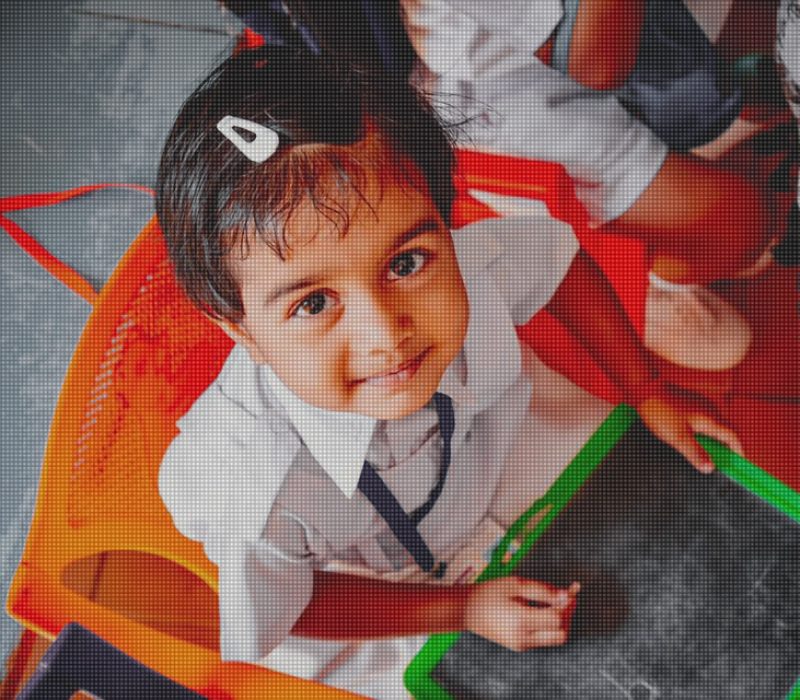
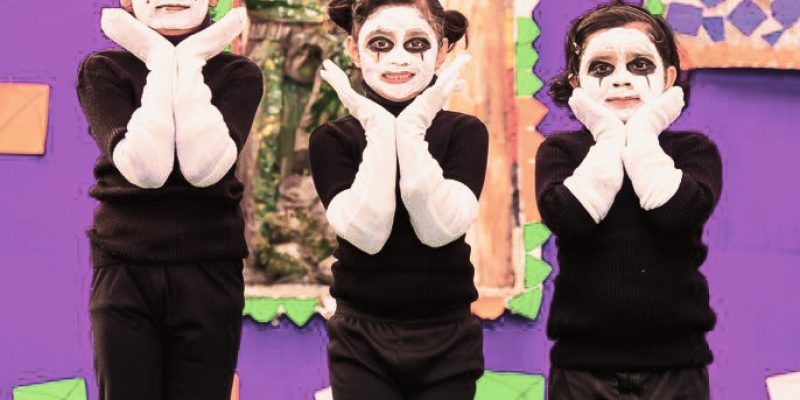
Playschool
Program
Safety, security, and cleanliness practices that meet or exceed all state, local, and national guidelines
Signature practices
- Everyday Mathematics®: Integrating numbers into real-life routines
- Cooking with Recipes: Creating in the kitchen to learn about counting, measuring, and fractions
- Daily Pre-Reading, Writing, Listening, and Speaking: Stories and literature to promote the understanding of the relationship between speech and print
- Writing Center: Access to a wide variety of writing tools, paper, and other materials to inspire an interest in writing, creating books, and more
- Science Laboratory: Hands-on opportunities to collect, examine, explore, and experiment with natural materials
- STEM Activities: Building and problem solving using science, technology, engineering, and math
- Woodworking: Real tools and materials to tinker, construct, and explore weight, balance, strength, and texture
